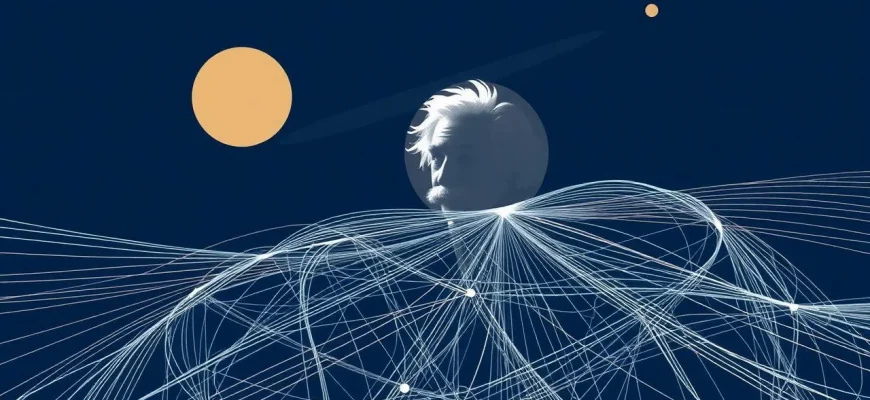- The Elegant Universe (2003)
- Genius by Stephen Hawking (2016)
- Einstein's Universe (1979)
- The Fabric of the Cosmos (2011)
- Einstein and Eddington (2008)
- The Story of Science: Power, Proof and Passion (2010)
- Into the Universe with Stephen Hawking (2010)
- Einstein's Big Idea (2005)
- Einstein Revealed (1996)
- Relativity: The Train and the Twins (2015)
Dive into the mind-bending world of Einstein's theory of relativity with this curated list of documentaries. Whether you're a physics enthusiast or just curious about how the universe works, these films offer a deep dive into one of the most revolutionary concepts in science. From historical accounts to modern-day applications, this collection provides a comprehensive look at relativity, making complex ideas accessible and engaging.
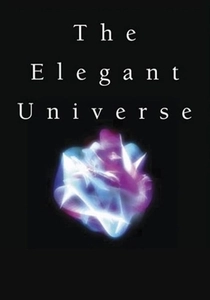
The Elegant Universe (2003)
Description: Hosted by physicist Brian Greene, this series delves into string theory, which attempts to reconcile general relativity with quantum mechanics, offering a deeper understanding of relativity's place in modern physics.
Fact: The series won a Peabody Award for its educational value and was praised for making complex physics accessible to the public.
 Watch Now
Watch Now 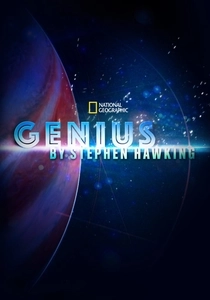
Genius by Stephen Hawking (2016)
Description: While not exclusively about relativity, this series tackles big questions in physics, with one episode focusing on time and relativity, explaining how Einstein's theories changed our understanding of the universe.
Fact: The series was designed to engage the public with complex scientific ideas through interactive experiments.
 Watch Now
Watch Now 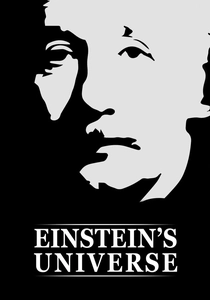
Einstein's Universe (1979)
Description: This documentary explores Einstein's life, his groundbreaking theories, and their impact on science. It features interviews with scientists and historians, providing a personal look at the man behind the theory.
Fact: The film was produced by the BBC and was one of the first to use computer graphics to visualize complex scientific concepts.
 Watch Now
Watch Now 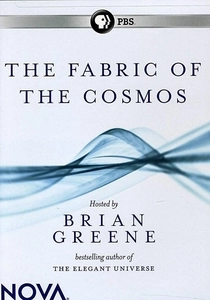
The Fabric of the Cosmos (2011)
Description: Hosted by Brian Greene, this series explores the nature of space, time, and the universe, with a significant focus on relativity and its implications.
Fact: The series was adapted from Greene's book of the same name and uses cutting-edge graphics to illustrate complex concepts.
 Watch Now
Watch Now 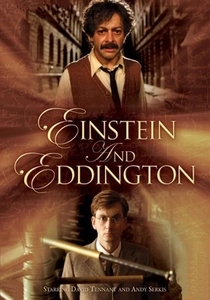
Einstein and Eddington (2008)
Description: This film dramatizes the relationship between Einstein and astronomer Arthur Eddington, whose observations during a solar eclipse helped confirm Einstein's theory of general relativity.
Fact: The film was shot in part at the Royal Observatory, Greenwich, where Eddington's observations were analyzed.
 30 Days Free
30 Days Free 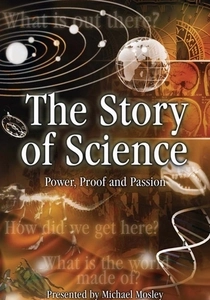
The Story of Science: Power, Proof and Passion (2010)
Description: This documentary series covers the history of science, with one episode dedicated to Einstein's theory of relativity, explaining its development and implications.
Fact: The series was presented by Michael Mosley, who also conducted experiments to illustrate scientific principles.
 30 Days Free
30 Days Free 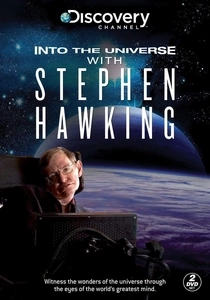
Into the Universe with Stephen Hawking (2010)
Description: This series, narrated by Stephen Hawking, explores various aspects of the universe, including time travel, the nature of black holes, and the theory of relativity.
Fact: Stephen Hawking's voice was synthesized for the series, allowing him to narrate despite his condition.
 30 Days Free
30 Days Free 
Einstein's Big Idea (2005)
Description: This film traces the development of Einstein's famous equation E=mc², showing how various scientists contributed to the ideas that led to relativity.
Fact: The documentary was part of PBS's NOVA series and featured actors portraying historical figures.
 30 Days Free
30 Days Free 
Einstein Revealed (1996)
Description: This documentary provides an in-depth look at Einstein's life, his scientific achievements, and his personal struggles, with a focus on his theory of relativity.
Fact: The film features rare archival footage and interviews with people who knew Einstein.
 30 Days Free
30 Days Free 
Relativity: The Train and the Twins (2015)
Description: This documentary uses the famous twin paradox to explain special relativity, making the theory more understandable through a narrative approach.
Fact: The film was produced by the Perimeter Institute for Theoretical Physics.
 30 Days Free
30 Days Free 
